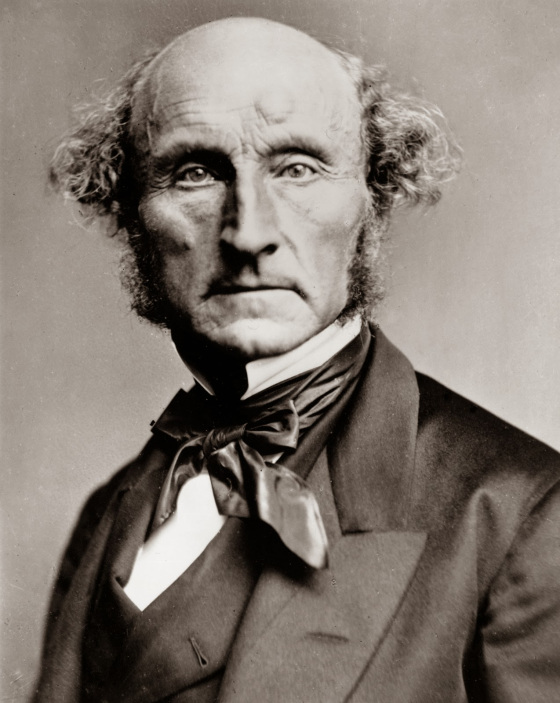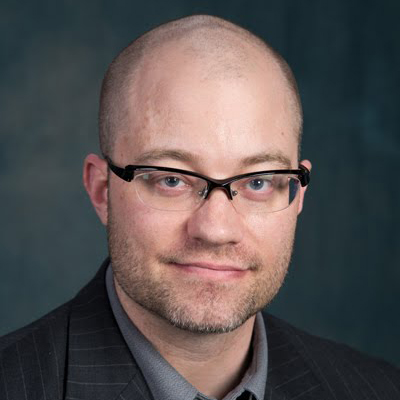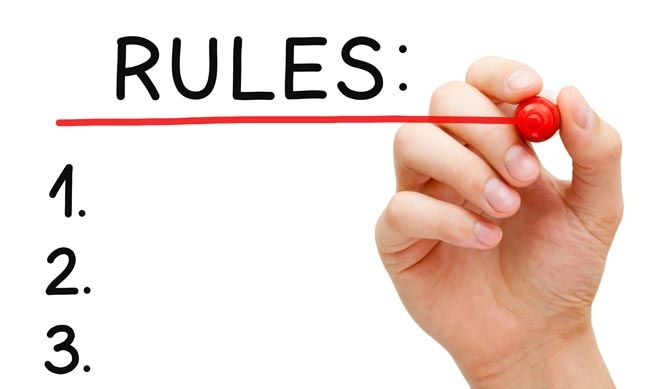| By Shane Courtland |
After reading a thoughtful response from Dr. Hay regarding my previous blog post, I thought it would be helpful to discuss my philosophical pedagogy. Even if you have never taken a philosophy class before, the core elements of my teaching method are still applicable outside of the classroom. Moreover, describing how I teach philosophy should better show what I mean when I say that “Philosophy is a method” and “I worship that method.”
When we discuss various topics, I insist that the class be bound by three rules. Their observance helps facilitate learning of the philosophical method. They are as follow:
- In my class, you not entitled to your own beliefs. Everything that you claim to be true in class, you must be able to justify via argumentation. If you get “called-out” to justify your view and you cannot … you must, at least for the time you are in class, give up the claim that others should agree with your view. Obeying this rule means that no one can stop discussion by merely saying, “Well, I have a right to my own opinion.”
- If you assert a view, the burden of proof is on you. If you get “called-out” to meet the burden, and you cannot … you must, at least for the time you are in class, give up that view. Obeying this rule means that no one can rebut criticism by merely replying, “Well, show me that I am wrong.”
- You must be civil. You cannot use hate speech (narrowly defined, as by law); there can be no threats of violence; there is no interrupting; etc.
With these rules respected, I will entertain any questions or claims pertinent to our class discussion. And, when I mean any, I mean that I will only stop the discussion for pragmatic considerations (e.g., the discussion is too much of a tangent, we are running out of class time, etc.).
At this point, I would like to address a concern that many might have regarding my pedagogy. I can see this concern clearly articulated in Dr. Hay’s post:
Since the election, I’ve been spending a lot of time considering John Stuart Mill’s On Liberty and his reminder of the danger inherent in thinking that our reasoning is infallible. We are human and we make mistakes. But I’m becoming convinced that certain ideas and public expressions of those ideas not only harm others directly (like racism and sexism), but also harm those who hold those ideas. Unlike bad tasting medicines, furthermore, such expressions offer no compensating good, but only harm. Philosophy shouldn’t just open the flood gates of all opinion. It should also help us to be gate keepers of good will and integrity.
The concern is that we will have students express views that are obviously morally abhorrent, like racism and sexism. Moreover, the expression of such views will only produce harm.

There is a class of persons (happily not quite so numerous as formerly) who think it enough if a person assents undoubtingly to what they think true…[They] think that no good, and some harm comes of its being allowed to be questioned. Where their influence prevails, they make it nearly impossible for the received opinion to be rejected wisely and considerately, though it may still be rejected rashly and ignorantly; for to shut out discussion entirely is seldom possible, and when it once gets in, beliefs not grounded on conviction are apt to give way before the slightest semblance of an argument. Waiving, however, this possibility – assuming that the true opinion abides in the mind, but abides as a prejudice, a belief independent of, and proof against argument – this is not the way in which truth ought to be held by a rational being. This is not knowing the truth. Truth, thus held, is but one superstition the more, accidentally clinging to the words which enunciate a truth. (Mill, On Liberty, 37)
In this passage we have Mill praising the importance of open discussion even when one knows that a view is false. To suppress discussion, according to Mill, invites the construction of dead dogma. Moreover, those who embrace such dogmas “are apt to give way before the slightest semblance of an argument.”

It is truly open discussion that forms the cornerstone of the method I so revere. To presuppose that our intellectual victories regarding racism and sexism are beyond discussion is to undermine the very progress that we have made. For those who still harbor such views will do so covertly. Without open discussion. these covert racists and sexists are denied the “opportunity of exchanging error for truth,” Mill argued in another passage (Mill, On Liberty, 20). They will view such exchanges as artificially constrained by the decorum of a politically correct culture. Moreover, those who happen to hold the right view will lose “what is almost as great a benefit, the clearer perception and livelier impression of truth, produced by its collision with error” (Mill, On Liberty, 20).

Worse yet, since those with the true view have not encountered, in honest discussion, the views of those who oppose them, they will have difficulty defusing their arguments. Their magical catchphrases (e.g., “That is racist”; “I am offended”; “That is sexist”; etc.) will not be successful when employed against such audiences. Such phrases only work with others who share the same view.

Dr. Shane Courtland is Program Director of the Center for Free Enterprise at West Virginia University and is SOPHIA’s Communications Officer. He is representing only his own point of view in this essay. For more information about Dr. Courtland, visit his profile page in SOPHIA’s Directory.




Quite sound procedures. One might think that they are preconditions for any serious Philo discussion. But they won’t get you a job on the national news. Keep up the good work.